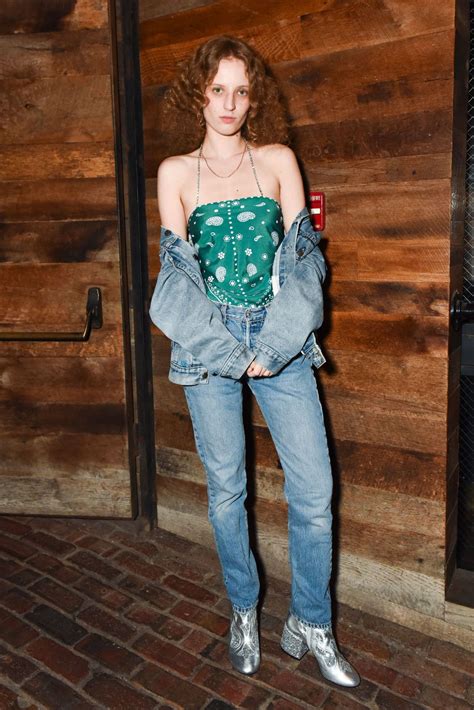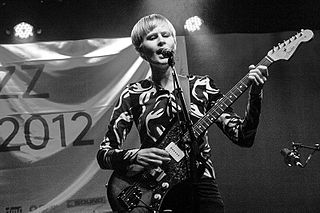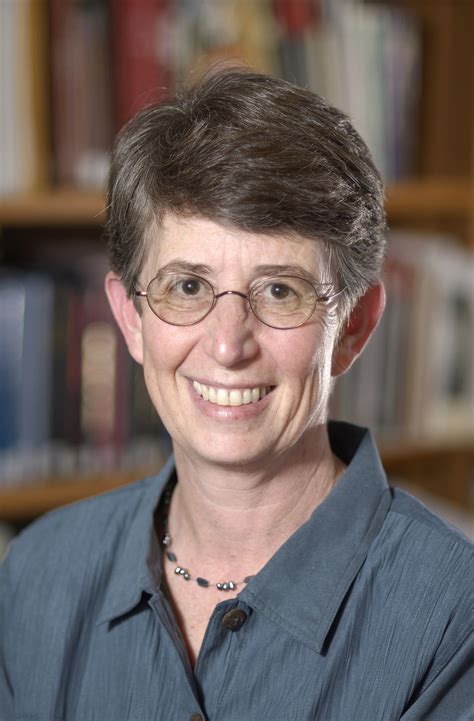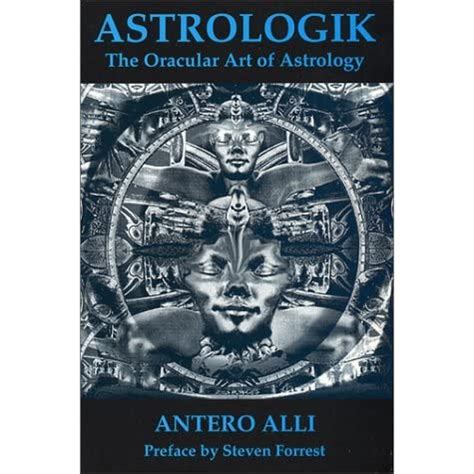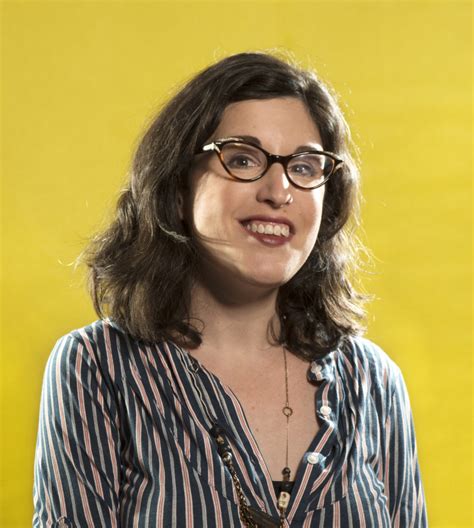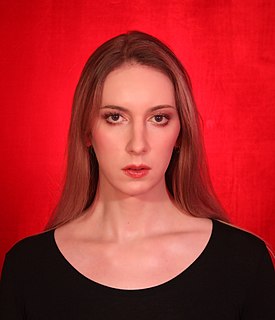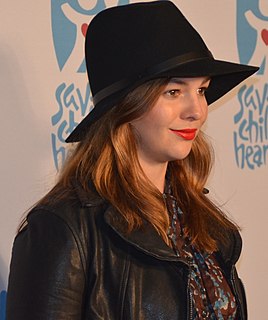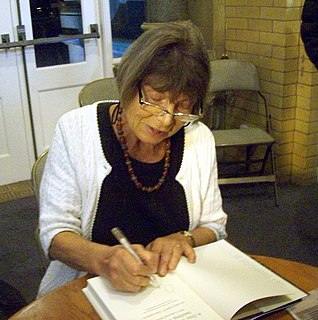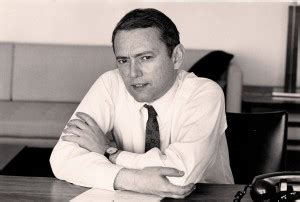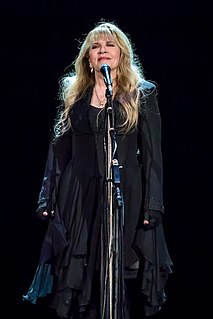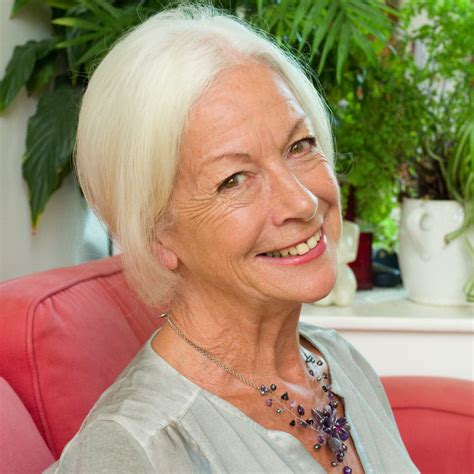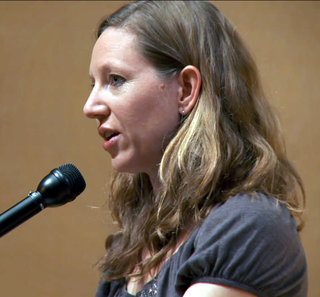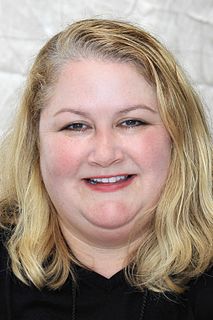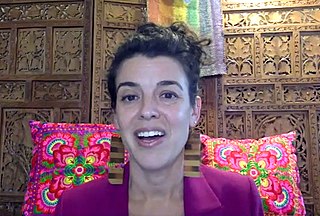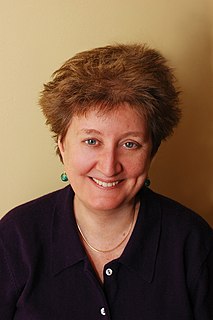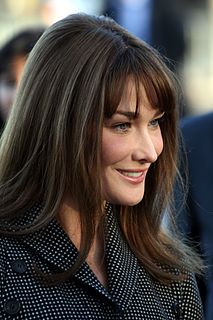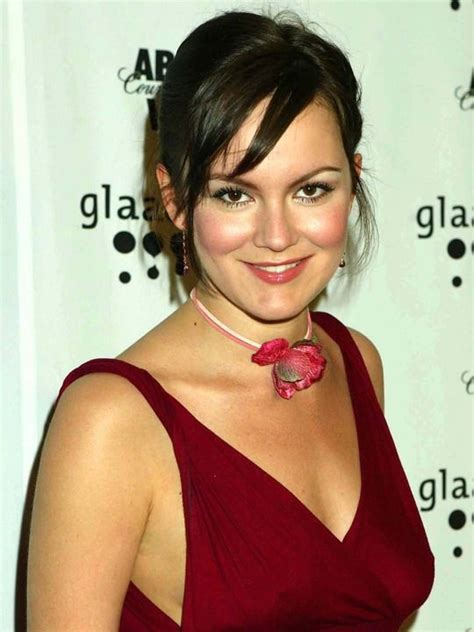Top 960 Feminism Quotes & Sayings - Page 14
Explore popular Feminism quotes.
Last updated on November 18, 2024.
Feminists have emphasized for a long time the importance of each woman's individual entity and the necessity of economic independence. Perhaps it was necessary. But now I think we need some emphasis on the instinctive side of life, sex and motherhood.... Life isn't all earning your living. Unfortunately we fall in love and Feminism must take that into consideration.
I certainly embrace all the movement that's going on these days about equality for women and equal rights. In general, I would apply that to all nationalities and all races. I think we do need more awareness, generosity, and compassion than we have right now. But in terms of feminism, I embrace it wholeheartedly. Not in a kind of militant way, but I've always known that it matters.
I sometimes get asked: 'How come the men in your stories don't have such strong characters?' And I'm like: 'I don't care.' I just want to find out about all the different lives a woman can live. But my feminism has never been against men. It's not erasure; it's just they're not the focus. In real life, they're quite nice.
Feminism is a belief that although women and men are inherently of equal worth, most societies privilege men as a group. As a result, social movements are necessary to achieve political equality between women and men, with the understanding that gender always intersects with other social hierarchies.
The stories I would hear from men who were going through divorces and in child custody battles, the lies their wives told about them being predators, that they had fondled or abused the children, and these guys didn't know what to do. It wasn't true. They had no idea how to combat it. And I said, "A large part of this is modern feminism. You've gotta understand it."
The Oneida Perfectionists, along with some of the others, believed that feminism, and abolitionism, and other causes that they pursued in their own way without participating with other people outside of their communities, were all piecemeal reforms. That's what makes a utopian a utopian, this idea that they were going to create a whole new world from scratch.
The stereotypes of feminists as ugly, or man-haters, or hairy, or whatever it is - that's really strategic. That's a really smart way to keep young women away from feminism, is to kind of put out this idea that all feminists hate men, or all feminists are ugly; and that they really come from a place of fear.
The nineties as a pop cultural sphere was a really fertile time for feminism that was grounded and located in popular culture. I'm talking about before the Spice Girls - Sassy Magazine, riot grrrl, the Beastie Boys, Nirvana. You had this alternative culture that was very much speaking up on behalf of women and in favor of women.
Today [the voice of women] is being heard loud and clear. But I do not read the welcome triumph of feminism, social, economic, and creative, as a brief for postmodernism. The advance, while opening new avenues of expression and liberating deep pools of talent, has not exploded human nature into little pieces. Instead, it has set the stage for a fuller exploration of the universal traits that unite humanity.
Man has traditionally ruled the social sphere; feminism tells him to move over and share his power. But woman rules the sexual and emotional sphere, and there she has no rival. Victim ideology, a caricature of social history, blocks women from recognition of their dominance in the deepest, most important realm. ?
It's interesting to think about connecting the dots within an archive in a different way than linearly or teleologically. It's a great delight to make art or use language or just have ideas, and put them together in a very unexpected way. Art gets categorized historically, geographically, by medium, not necessarily by concept or repeating imagery, or feminism or femininity.
On YouTube, there's a right-wing extremism funnel. You start by watching a college student ranting about how dumb feminism is. It's wrong, but it's not especially sinister. And then, three suggested videos later, you're hearing about why we need a white ethno-state to save the race from a third-world invasion.
I think the idea that feminism is dead is dangerous because it leads women and men to believe that (1) they don't have to do anything; the work has been done, and that everything is okay now; and (2) it leaves them kind of alone, I think, in a struggle, and that's something I've seen a lot when I go to colleges and I speak to young women.
Feminism or the family? Carried to excess maybe. I have insisted that women cannot be defined solely in those terms. But for a great many women - not all, because we are only beginning to realize and affirm the diversity of women themselves - choosing motherhood makes motherhood itself a liberating choice.
I don't really mind it when Trudeau calls himself a feminist because, you know, he did the half-female cabinet; that's something to be proud of. On the other hand, when you look at that recent Russian spousal abuse law or attacks on abortion in the U.S, you have to say that's a human rights issue, and feminism is just human rights.
Women need to take charge of their lives and be as dynamic and active as they can be. I know that some people feel that there's a negative connotation to the notion of feminism like it has some hidden and ugly undercurrent. But that's ridiculous. My mother was a feminist and she was very politically-minded and always anxious to defend women's rights and advance a lot of social issues for women.
There have been women who stumbled across Feministing randomly, through a bizarre Google search or something, and had no idea what feminism was. They thought it was something older women do, or bought into the hairy bra-burning man-hating stereotype 100 percent. Anything that deviates from that is very exciting for them.
The meeting [in San Antonio of the National Women's Political Caucus] featured a cattle show at which a herd of Democratic candidates- Glenn, Cranston, Mondale, Hart, and Hollings- pantingly pantomined their fidelity to feminism, stopping just short of a pledge to use nuclear weapons against any states that omit to ratify the Equal Right Amendment.
I believe I was raised with feminist values, but I don't think I ever heard my Mom call herself a feminist. Before I identified as a feminist myself, I thought of feminism as more of a historical term describing the women's movement in the '70s but didn't know much about what they had done and didn't think it applied to my life at all.
The idea of being a feminist-so many women have come to this idea of it being anti-male and not able to connect with the opposite sex-but what feminism is about is equality and human rights. For me that is just an essential part of my identity. I hope [Girls] contributes to a continuance of feminist dialogue
The absolute bedrock of our independence is having control over our own bodies. You cannot be independent if the government or someone else says whether or not you can use birth control. Unless you're in charge of your body, you're not in charge of anything. I think that's really the bottom line of feminism.
There's a reason why forty, fifty, and sixty don't look the way they used to, and it's not because of feminism, or better living through exercise. It's because of hair dye. In the 1950's only 7 percent of American women dyed their hair; today there are parts of Manhattan and Los Angeles where there are no gray-haired women at all.
Feminism is a political practice of fighting male supremacy on behalf of women as a class, including all the women you don't like, including all the women you don't want to be around, including all the women who use to be your best friends whom you don't want anything to do with any more. It doesn't matter who the individual women are.
Some people ask, 'Why the word 'feminist'? Why not just say you are a believer in human rights, or something like that?' Because that would be dishonest. Feminism is, of course, part of human rights in general - but to choose to use the vague expression 'human rights' is to deny the specific and particular problem of gender.
Irony is about contradictions that do not resolve into larger wholes, even dialectically, about the tension of holding incompatible things together because both or all are necessary and true. Irony is about humour an serious play. It is also a rhetorical strategy and a political method, one I would like to see more honoured within socialist-feminism.
I feel excited in that I think boys born to feminists have a leg up. At least, the ones I've met seem like they do. There's something really vital about that exchange. I think I'd only imagined, beforehand, handing down a feminism to a young girl. But I'm newly excited by the challenge of raising a boy.
People ask me: "Do I consider myself to be a Latino writer?" "What does it mean to be Latino?" Those are very strange questions to answer , but feminism is easier because it's just an ideology, a way I live my life. And absolutely in the most political sense I try to sit down and write very strong female roles.
What bothers me the most about the way that people appropriate feminist language is that they are the same people who are - you know, anti-feminists - they're the same people who say that feminism is ruining the family, yet when it behooves them to, they'll say Sara Palin's a feminist - when all of a sudden it works in their favor.
If there's an article about sexual assault, if there's a video about feminism on YouTube, you're going to get the most horrible, disgusting comments ever. And sometimes the comments are pornographic, and sometimes the comments are really harassing. So I think that it's kind of a difficult place for women to write sometimes.
Things are much more complicated. Feminism versus pornography, for example. There are a lot of feminists who think it is bad, but others think it's good.
I have become, you might call it mature - I would call it senile - and I can see both sides. But you can't write a satirical song with 'but on the other hand' in it, or 'however'. It's got to be one-sided.
I think the biggest hurdle American feminists have in terms of taking a more global approach is that too often when you hear American feminists talk about international feminism or women in other countries, it kind of goes along with this condescending point of view like we have to save the women of such-and-such country; we have to help them.
Feminism was recognized by the average man as a conflict in which it was impossible for a man, as a chivalrous gentleman, as a respecter of the rights of little nations (like little Belgium), as a highly evolved citizen of a highly civilized community, to refuse the claim of this better half to self-determination.
As far as feminism is concerned ... the problem in the world is men, and they, in their natural state, are essentially incompatible. They must be tamed. They must be tempered, 'cause men are naturally brutes. They fight. They sweat. They expel gas. They're dirty. They get into fights. Ewww! And we've got to somehow reprogram all of that out, because otherwise women will be in constant peril.
To me, feminism in literature deals with the female characters being in some way central to the thematic concerns of the book, or that they are agents of change to some degree. In other words, the lens is focused deeply and intensely on the female characters and doesn't waver, which allows for a glimpse into the rich inner lives of the characters.



